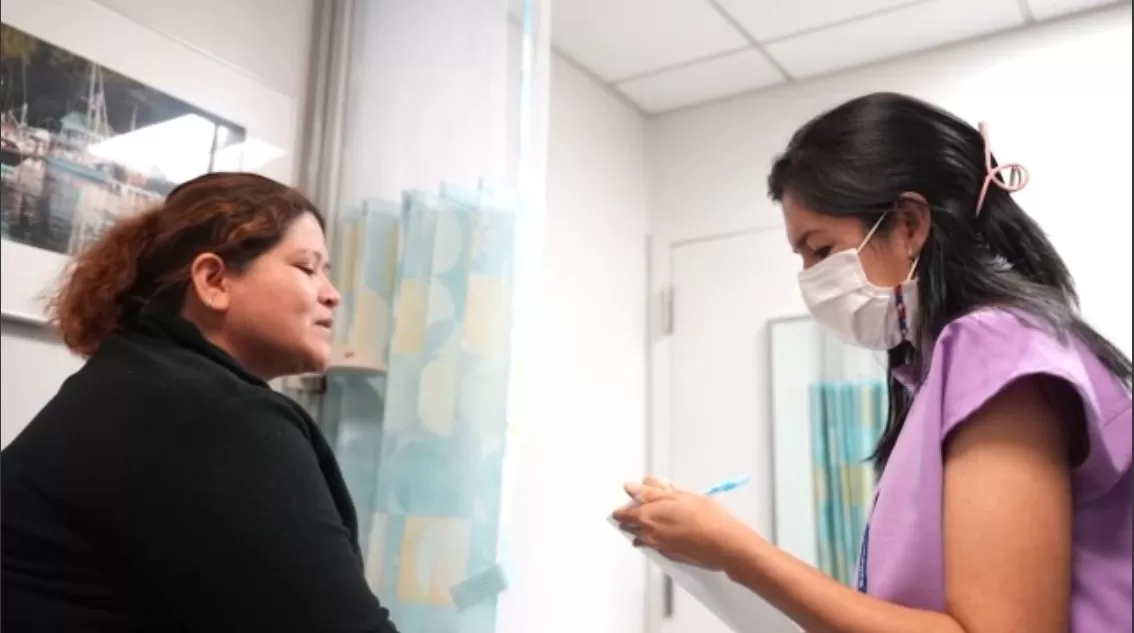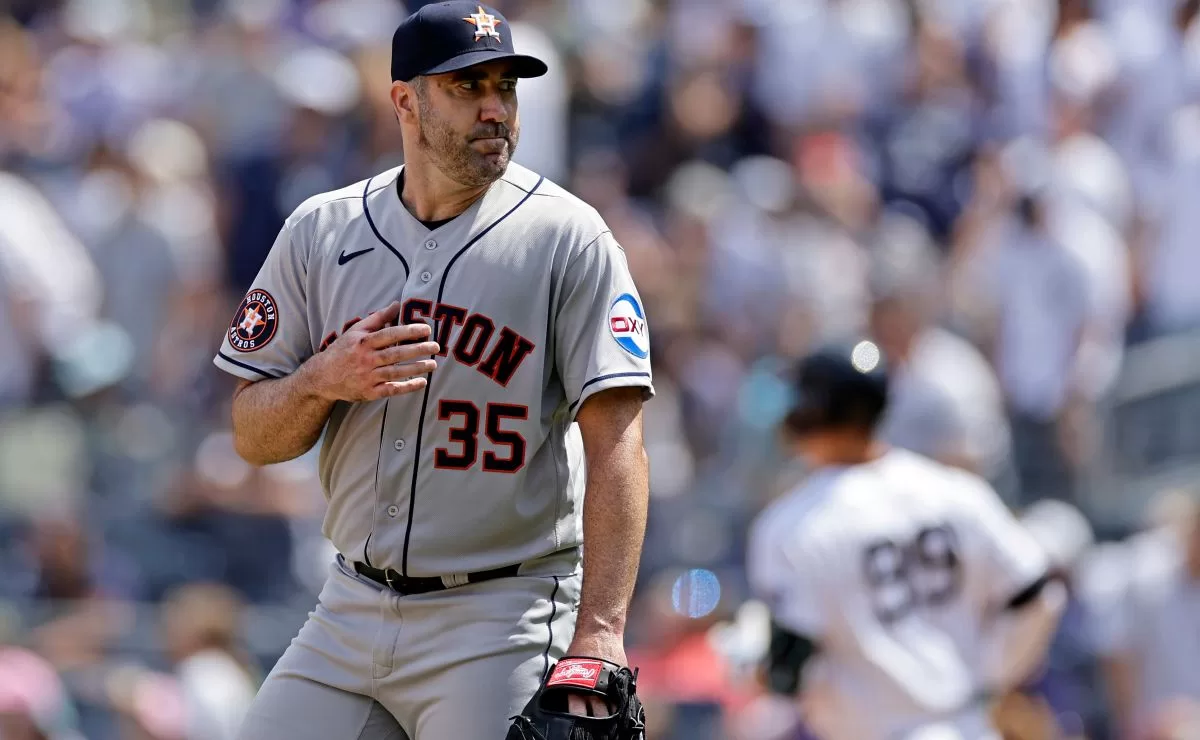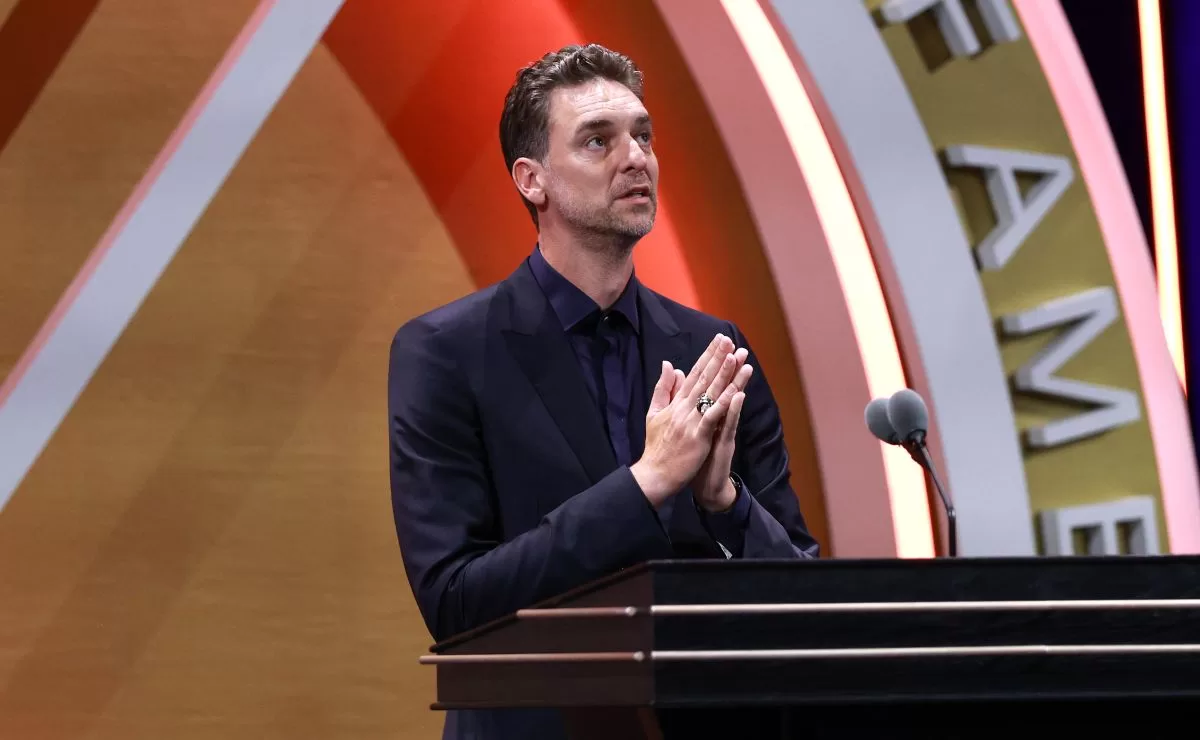“My child, my son, the oldest, he was drowning. The river was carrying him…”
It was a nightmare that Jesús del Carmen Sosa lived firsthand
“The current was very strong. And as a mother in that desperation, we didn’t know what to do. My husband… I’m sorry but I don’t like to remember…”
Through tears and with a broken voice, Sosa describes those moments of terror when trying to cross into the United States.
“My husband let go of my other girl and returned to help us and pulled my son as best he could. Thank God he managed to catch him and my son managed to get him out of the water,” she adds.
Carmen left her hometown of Esmeraldas on the coast of Ecuador along with her husband and five children in October 2021, seeking to escape the violence that has shaken her country in recent years.
“More than all, because of the gangs that came to charge us a certain amount of money and put us in that situation and began to see very strong harassment. And that fear was what made us come with all our children and take the risk of go through that jungle in Panama.”
They arrived in New York in January of last year and are still trying to adapt to a new life.
Today he is visiting the Bellevue hospital to have a medical check-up and he has been suffering from severe pain in his shoulder for several days.
“Since my husband still doesn’t have a steady job to be able to pay for a place to take us. So that makes me desperate. It gives me anxiety. And from there I come with pain in the entire part of my shoulder here. It hurts a lot. I have four days So.”
Like Carmen, more than 140,000 migrants seeking asylum have arrived in New York City since the spring of last year. Providing housing, jobs and health care to this large group of people has been one of the most important challenges for the Adams Administration.
Ted Long is vice president of Ambulatory Care at New York City Health and Hospitals, the largest public health care system in the country. He also oversees relief efforts at the Roosevelt Hotel in Midtown, where a reception center has been set up that receives up to 500 people a day.
Everything we see here has been designed by New York City Health and Hospitals. We have doctors and I include myself in that group who are in charge of providing medical care and offering services based on what immigrants need.
Here asylum seekers receive a free medical examination to detect a wide range of diseases such as Covid, tuberculosis and smallpox.
Those costs are covered by the municipal government as is Albany.
New arrivals are also reminded that they have the right to receive medical care regardless of their immigration status.
Long assures that despite the high number of migrants, the system is not overloaded. The figures prove him right. Every year there are nearly 6 million visits to the NYC HEALTH AND HOSPITALS centers and until now, visits by migrants seeking asylum have not exceeded 70,000.
Dr. Juan Tapia Mendoza, a member of SOMOS Community Care, says it is very common to encounter migrants with chronic illnesses who have not had access to preventive care including routine exams and vaccinations in years and even decades.
“It’s like a tsunami of people, all with acute needs, that is, chronic problems, high blood pressure. When they arrive, what we do, we take their blood pressure, we have devices to measure sugar, and we do a small physical examination,” he maintains. Tapia.
Another important component is the issue of mental health.

Dr. Masha Slavin has worked for years with immigrants in the city and now with asylum seekers at Bellevue Hospital.
He says he is not surprised that many are suffering from depression after the trauma they experienced on their long journey to this country.
“It’s something we always ask about depression, anxiety or other problems that people still have trouble sleeping with. For example, if someone has a lot of nightmares about their trip in the jungle, for example, there are some things we can do directly here in the primary care clinic, prescribe some medications and we can refer to psychologists, therapists,” explains Slavin.
Carmen says she is in the process of making appointments for herself and her children to speak with a mental health expert. And those difficult experiences, especially for her children in places like Darién, are not erased from the mind.
“They told me, mom, why did we do this? Why did we get here?
“And my child, 10 years old, his father told him, Dad help my mom, don’t let her die. So that was hard. It was something very hard being here in New York. I can’t lie to you, but I have felt the I need to go back because of everything I’m going through now, but I start to think about everything I suffered with my children in that jungle. I risked it, my husband and my daughter almost died. And that keeps me here still fighting for a future for my children,” he concludes sadly.







